
International Tea Culture Industry Expo
First Half April 10 - April 13 │ COEX Magok, Seoul
Second Half November 06 - November 09 │ COEX Samsung-dong, Pliets, Seoul
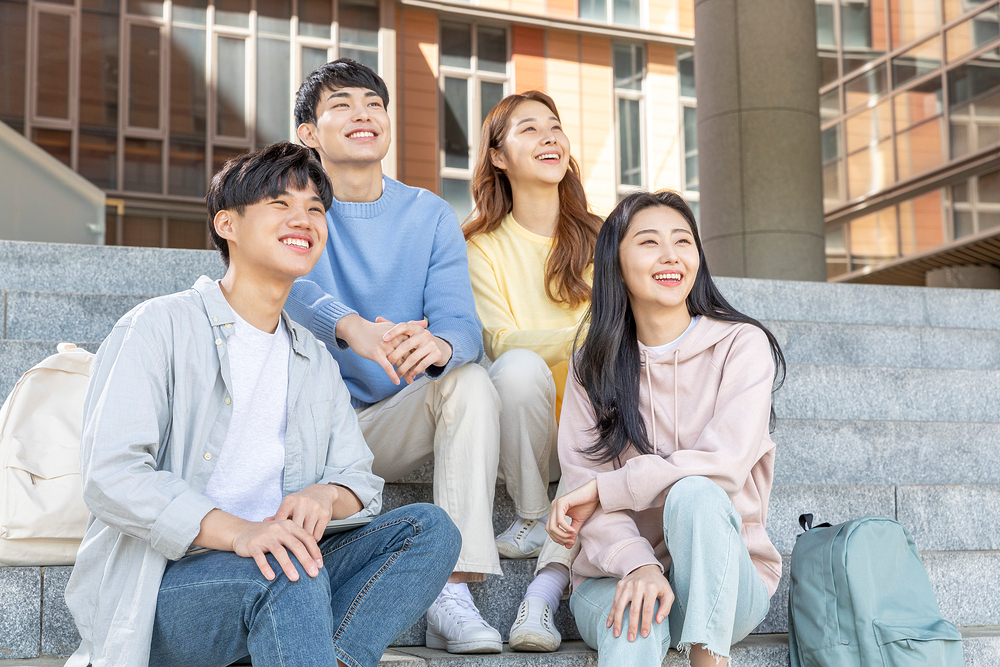
The future of Korean tea lies in the engagement of the younger generation, particularly the MZ generation. At the center of this movement are university tea clubs. Recently, various university tea clubs have been actively engaging in tea-related activities. This promotional lounge invites university tea clubs nationwide to showcase their activities, the teas they drink, and the education they receive. This is a space where young tea enthusiasts can connect, share their perspectives, and explore the future direction of contemporary tea culture.
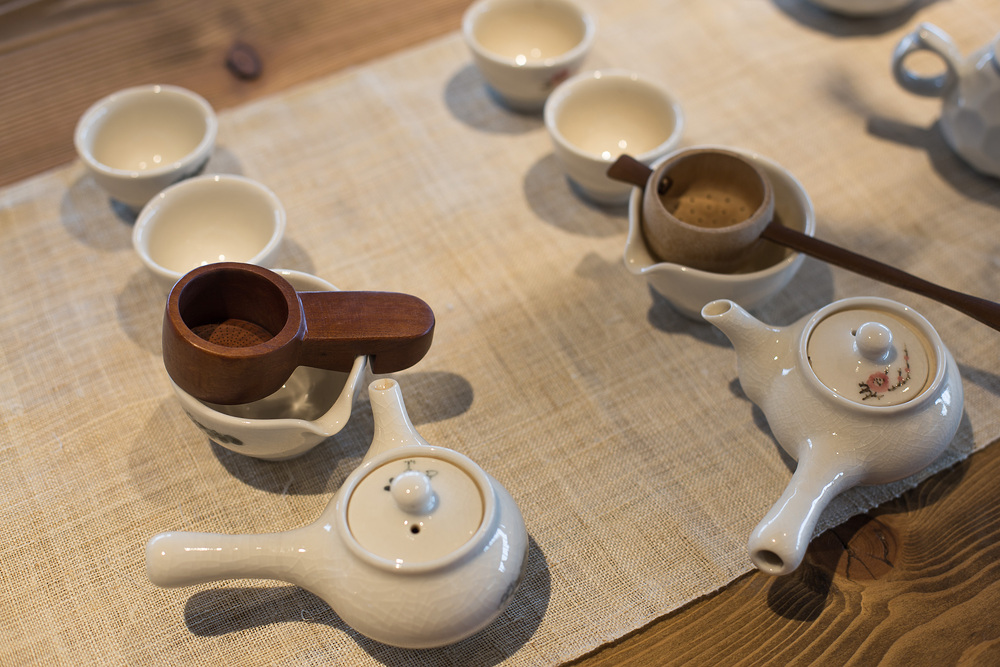
A lounge where visitors can create their own personalized tea blends. Using six major types of tea as a base, participants can experiment with different blending ingredients.
1. Tea & Tea Blending: Mixing different teas together, such as English Breakfast Tea, various Breakfast Blends, and Royal Blends. Popular blends include black tea with black tea, green tea with green tea, or a mix of both.
2. Tea & Herb Blending: Combining tea with herbs to enhance and extend the tea’s fragrance. This includes blends like jasmine tea (green tea with jasmine flowers) and masala chai (strong CTC black tea with spices).
3. Tea & Flavor Blending: Adding scents to tea to create distinctive flavors. The most well-known example is Earl Grey, which has been highly successful, and modern flavored teas are evolving with diverse aromatic additions.
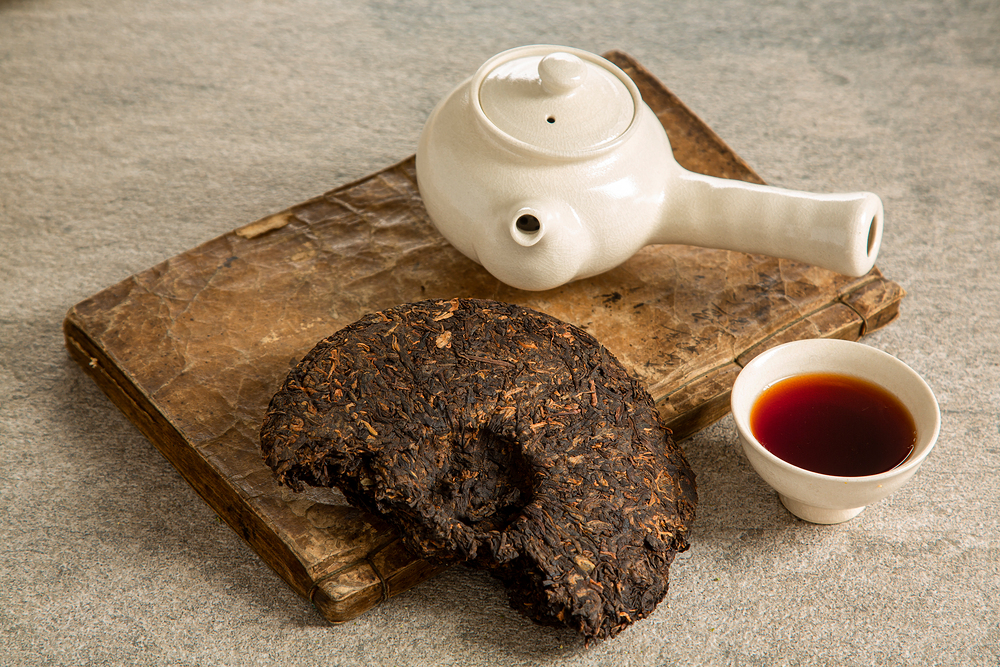
The K-TEA Expo will host a themed premium tea exhibition every year. This year, the main exhibition will feature Wuyi Rock Tea, currently one of the most popular tea categories. Visitors can experience over 10 premium Wuyi rock teas, including Rougui (Cinnamon), Shuixian (Water Fairy), Dongding Oolong, Tie Luo Han (Iron Arhat), Da Hong Pao (Big Red Robe), and Qilan. Wuyi rock tea, also called Yancha (岩茶), comes from the Wuyi Mountains in Fujian Province, China. Due to its unique growing environment in rocky cliffs, it is known for its rich mineral flavors and deep aroma. The lounge will provide an opportunity to experience different grades and types of Wuyi rock tea.
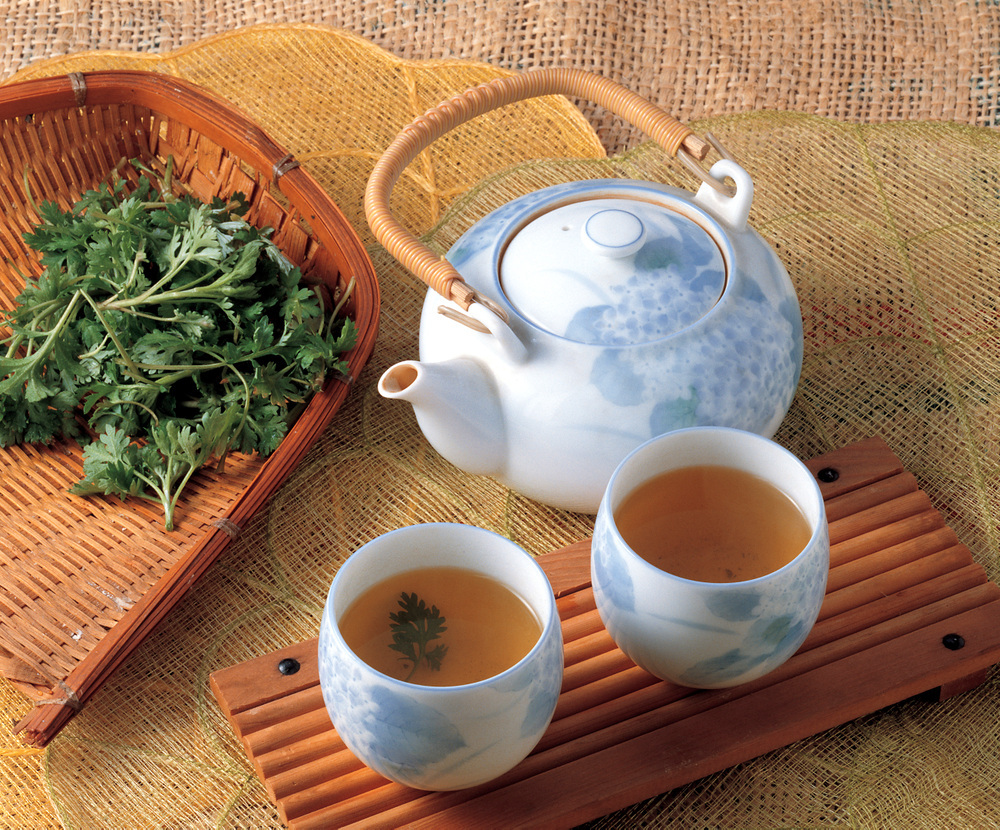
Tea and liquor have long been consumed together in various traditions. This lounge, featuring Korean tea and traditional liquor experts, offers a space to explore different tea and liquor pairings. Historically, Koreans drank tea after consuming alcohol to reduce intoxication. The unique properties of tea help alleviate the effects of alcohol and prevent hangovers. The Korean Tea & Liquor Lounge will showcase pairings of traditional Korean liquors and teas, offering visitors a chance to experience their harmonious flavors and cultural significance.
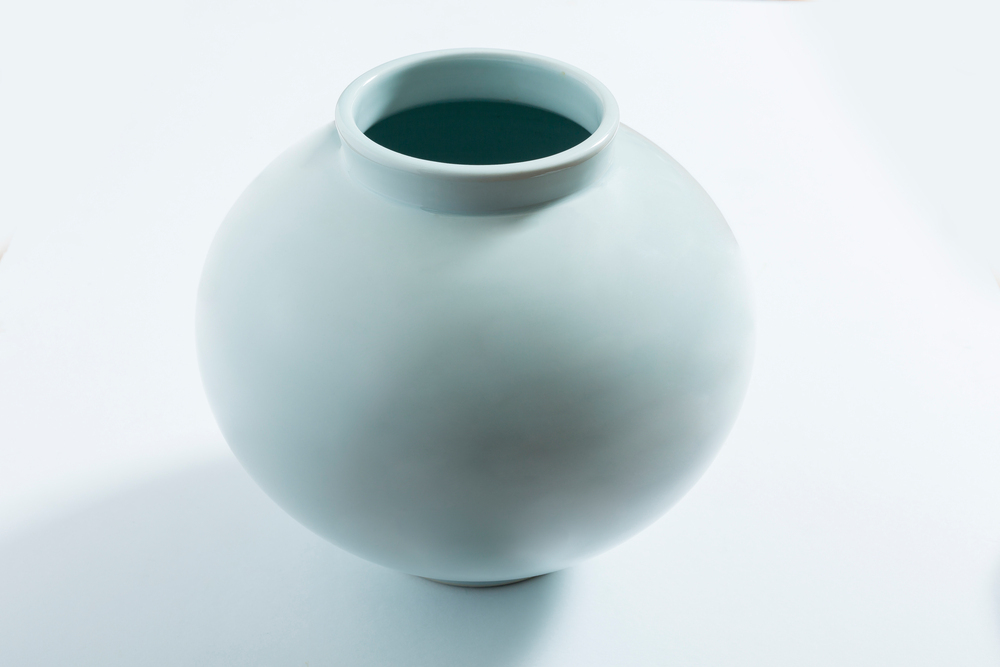
The Moon Jar is named for its round, full-moon-like shape. Unlike perfectly symmetrical ceramics, Moon Jars have a soft, organic curvature. During the firing process, they naturally settle into unique shapes, making each piece distinctive. The glaze is a milky-white color, often featuring natural cracks, adding to its timeless beauty. Today, Korean Moon Jars are gaining international recognition as one of the most admired ceramic forms. This competition will showcase modern interpretations of Moon Jars, continuing their legacy in contemporary pottery.
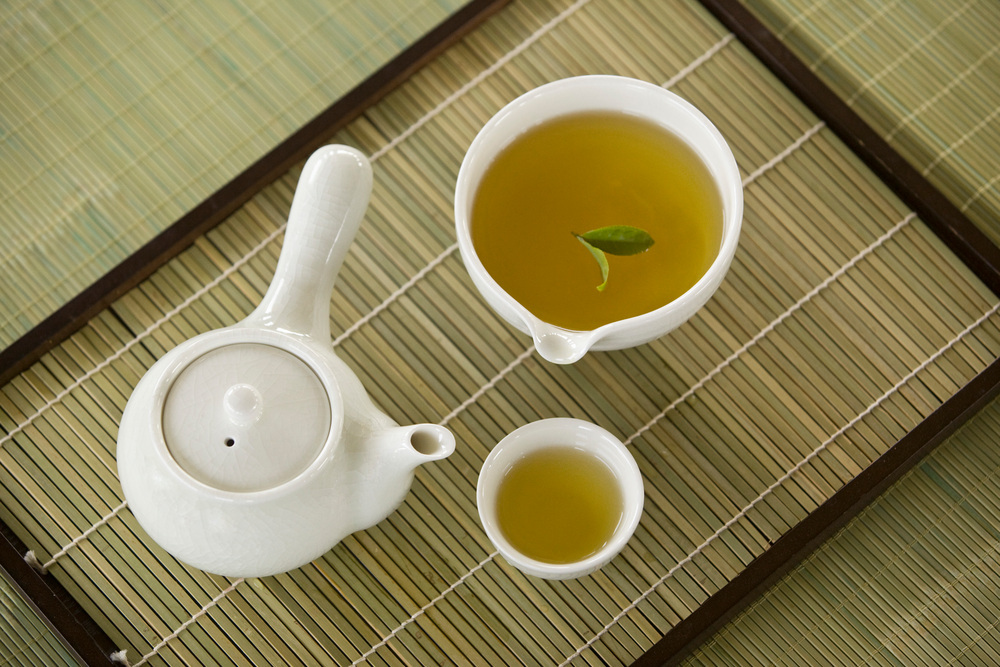
Recently, the reputation of Korean tea has faced challenges despite its 100% organic cultivation and clean processing methods. The Korean Tea Promotion Day is dedicated to showcasing Korea’s top tea-growing regions—Boseong, Hadong, and Jeju, along with 13 other local tea-producing areas. On this day, visitors can taste and experience various regional teas, including Boseong Tea Day, Hadong Tea Day, and Jeju Tea Day. The event will also educate visitors on proper tea brewing techniques and the rich history of Korean tea traditions.

With a 5,000-year history, tea is one of humanity’s most well-documented beverages. From China to Korea, Japan, Sri Lanka, India, and even tea-growing regions in South America and Africa, over 60 countries produce premium teas. The World Tea Lounge will be operated by expert Tea Masters, offering visitors the opportunity to taste and explore a wide range of global teas—including black tea, Wuyi Rock Tea, green tea, oolong tea, fermented teas, and branded specialty teas. Visitors can experience a curated selection of international teas, guided by Tea Masters who will provide insights into tea origins, brewing techniques, and flavor profiles.